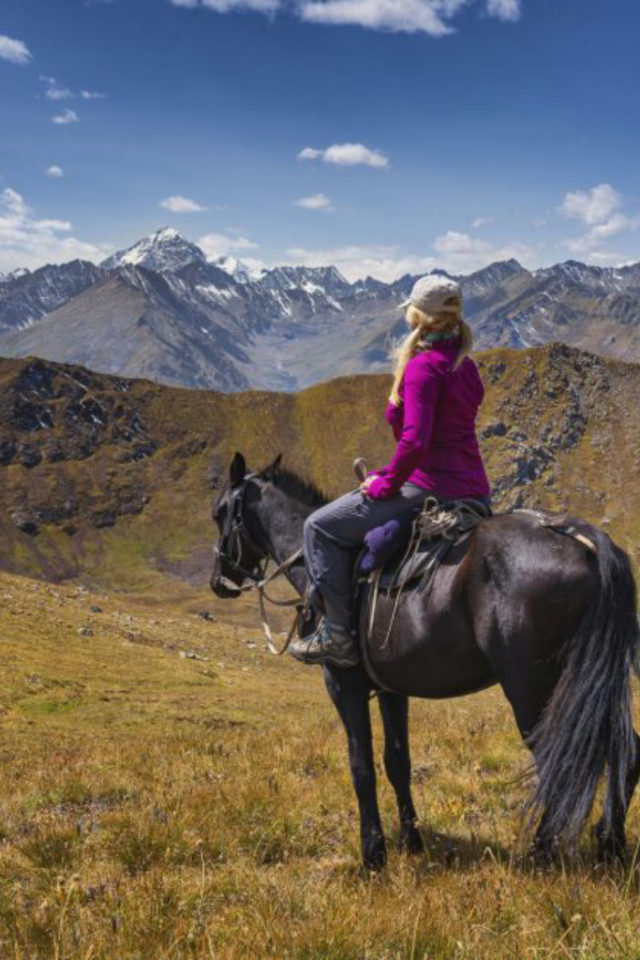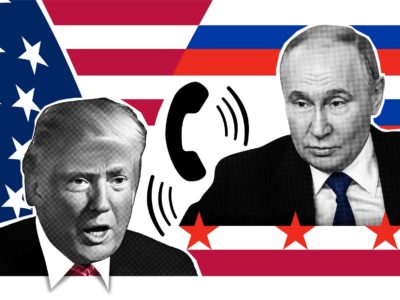Travel opens your eyes to the world. It teaches you that borders don’t matter when people are suffering. But now, one decision is about to send millions into crisis. Trump cut USAID funding, and it’s not just a budget move—it’s a humanitarian disaster.
Trump Cut USAID And Millions Will Pay the Price
For decades, USAID organizations have built life-saving programs across the world—helping refugees, supplying medicine, and preventing famine. Now? Thousands of projects have vanished overnight. No one can just “step in” to replace them, and the results are already devastating.
How USAID Helped Open Kyrgyzstan to Tourism – Our Experience

When we traveled to Kyrgyzstan, we saw firsthand how USAID was making a real difference. This wasn’t just about humanitarian aid—it was about helping a country find its footing, build its economy, and create opportunities for its people.
Kyrgyzstan, a former Soviet republic, has been working to establish itself as an independent nation since gaining independence from Russia in 1991. However, without strong industries, it struggled to compete on the global stage. That’s where USAID stepped in—helping the country develop its tourism sector, attract international visitors, and create jobs. Read more: The Proud Eagle Hunters of Kyrgyzstan
We partnered with USAID in Kyrgyzstan’s remote mountain regions, working with local guides, homestay owners, and adventure tourism operators to promote the country as a world-class destination. USAID provided funding, training, and marketing support, helping Kyrgyz entrepreneurs reach international travelers. It wasn’t just about tourism—it was about economic independence, cultural exchange, and global connections.
Why This Matters
The ripple effect of USAID’s work in Kyrgyzstan is bigger than just tourism.
- It strengthened ties between the U.S. and a former Soviet country. With Russia looking to regain influence in the region, helping Kyrgyzstan build its economy and international partnerships kept it from falling back under Russian control.
- It gave locals a new way to earn a living. USAID’s programs helped nomadic families, guesthouse owners, and small businesses thrive in a country where job opportunities were limited.
- It opened the country to the world. Before USAID’s tourism programs, few people had even heard of Kyrgyzstan. Now, it’s a bucket-list destination for adventure travelers.
Why Cutting USAID Is a Mistake
With USAID funding now in question, these efforts are at risk of collapsing. The U.S. has spent years building friendships, trust, and economic partnerships with countries like Kyrgyzstan. Without continued support, countries that once looked to the U.S. as a partner will be forced to turn to China or Russia—both of whom are eager to step in.
This is why USAID matters. It’s not just about providing food and medical aid. It’s about building long-term relationships, strengthening economies, and creating allies in regions that desperately need them.
Without USAID, the U.S. isn’t just pulling out of humanitarian aid—it’s walking away from its own influence on the world stage.
Where This Hits the Hardest
With the shuddering of USAID around the world, we’re talking about real people losing their only lifelines:
- Africa: Over 25 million people rely on USAID for HIV/AIDS treatment. Without it? They die.
- Thailand-Myanmar Border: Clinics helping Burmese refugees have shut down overnight, leaving thousands with zero medical care.
- Afghanistan & Syria: Refugee camps are running out of food, medicine, and clean water. People are being left to fend for themselves in war zones.
- Ethiopia & South Sudan: Drought and conflict already had millions on the brink of starvation. Without USAID? Famine is a guarantee.
- Ukraine: Civilians surviving war, blackouts, and bombings relied on aid to stay warm and fed. Now? They’re out of options.
Why This Is a Disaster
This isn’t just about helping people—it’s about global stability.
So, what does this mean for the world? A massive disruption to programs that provide food, medical aid, and disaster relief in some of the world’s most vulnerable places.
USAID’s $40 billion budget (a mere 0.6% of U.S. government spending) funds everything from famine prevention in Africa to clean water projects and pandemic response efforts. But now, that funding is on pause and, in many cases, already gone. Aid workers say it’s like an earthquake hitting the humanitarian sector—programs shutting down overnight, leaving people without critical support.
- Aid groups can’t just “replace” USAID. It took decades to build these programs. Now? Thousands are gone instantly.
- It weakens U.S. influence. While America pulls out, China and Russia are stepping in, gaining power in places where USAID used to make a difference.
- The U.S. is abandoning its allies. Many of these countries were U.S. partners, and now they’re left high and dry.
How You Can Help
We get it—you’re not a government. But you can make a difference:
- Donate to frontline organizations still fighting to keep people alive, like Doctors Without Borders, the World Food Programme, and the International Rescue Committee. Read our article highlighting the best Travel Charities.
- Support independent journalism. The media needs to keep this story in the headlines.
- Share this. The more people know, the harder it is to ignore.
Trump called USAID’s spending “TOTALLY UNEXPLAINABLE” on his Truth Social account” and demanded its closure. Meanwhile, Elon Musk—yes, the Tesla guy— is backing the effort, calling the agency a “criminal organization” and pushing for its dismantling. But while the courts argue, the damage is already being felt on the ground. He even lied, accusing Hollywood actors of using USAID funds to bankroll their trips.
The real question is: What happens when the U.S. stops showing up? America has long been the most significant global aid spender, but who will take its place if it steps back? China? Russia? Is it someone else entirely? History shows that when one power leaves a vacuum, another fills it. And if USAID disappears, America might find itself losing more than just a few billion dollars—it could lose its influence on the global stage.
This isn’t politics—it’s human lives. The question isn’t who caused this mess (we know the answer). The question is: who’s going to step up and fix it?
Read Next: Ethical Travel Tips – How to Travel With a Better Impact



This article sheds light on an important issue that often goes unnoticed. USAID’s impact on Kyrgyzstan’s tourism and economy is a great example of how strategic aid can foster long-term development. Cutting such programs could have serious global consequences—not just for the countries receiving aid, but for international stability as a whole. Thanks for sharing this perspective!
This is such a depressing turn of events – it disrupts critical health and humanitarian programs, endangers millions who rely on aid, and weakens U.S. influence, ceding ground to rivals like China and Russia. It not only harms vulnerable populations but also undermines national security and global stability.
This is a significant and concerning development with far-reaching global consequences. USAID has played a crucial role in supporting communities worldwide, from economic development to humanitarian aid. Cutting these programs could leave many vulnerable populations without essential resources. It will be interesting to see how other nations and organizations step in to fill the gap. Thanks for shedding light on this important issue!